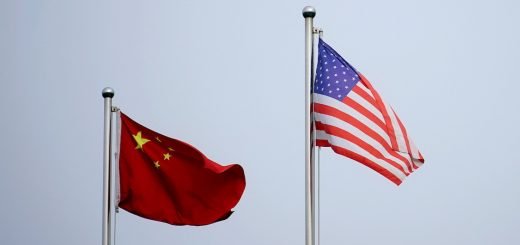Book Review: The art of political control in China by Daniel C. Mattingly
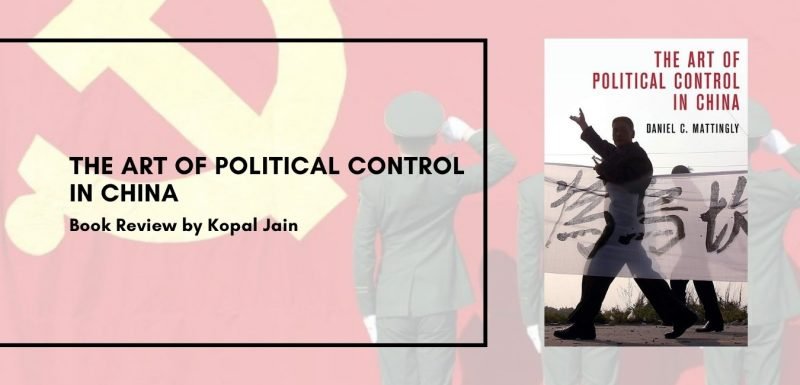
From communication strategists to government officials, everyone seeks a simple formula to figure what can be done to secure the obedience of the people.
With his book, ‘The Art of Political Control’, Daniel C. Mattingly poses a vital question – When an authoritarian government like China’s Communist Party is omnipresent and intrusive, why do people still obey their authority, when it is against their interests? Through the book, he showcases how the presence of strong grassroots civil society organizations strengthen autocracy. His research further explores the process through which non-state groups are created and how their leaders are recruited by local officials to assist the implementation of state policies.
In the book, Mattingly debunks two common misconceptions. First, in China political compliance is achieved through overly coercive practices such as imprisonment, torture and security services. Second, the conventional wisdom that strong civil societies can demand accountability from their governments, even in an autocratic regime. Mattingly’s thesis challenges this conventional wisdom posed by Tocqueville and Putnam who argue that civic groups create forms of social capital that underpin the democratization process.
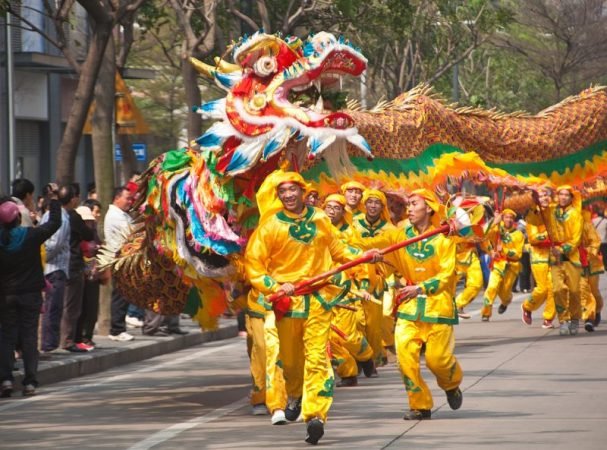
Mattingly’s central argument ‘is that in autocratic states, civil society groups can give officials leverage over citizens and strengthen the state’s coercive capacity.’ (Pg. 22) He argues that civil society groups can function as an extension of top-down control. He elaborates on the state-building efforts of civil society and argues that they can encourage contributions to public infrastructure such as roads and schools. He notes that civil associations increase the reputation and authority of local elites/leaders who can help ensure political compliance of the citizens. These civil society organizations help officials clampdown protests, requisite land, and enforce mandatory birth quotas (One-child policy) – the three main priorities of the CCP in rural areas. Instead of focusing on overtly oppressive, formal institutions such as the secret police or the military, Mattingly analyzes the role of civic associations and how they are used to apply covert pressure on citizens through informal bonds of Church and temple groups among other civil society groups.
The author and his team spent a decade in rural China and through face-to-face surveys, structured case studies, they’ve managed to collect rich observational data. The book is accessibly written and is skillfully structured. A point of merit here is that Mattingly has been able to strike a balance between qualitative and quantitative data in each chapter. The research is intricate and it relies not just on personal accounts but also on the analysis of literature and religious texts. He is able to trace the roots of compliance and strong morality in religious texts that encourage obedience and preach the sacrosanct nature of the state. There is a vivid depiction of a Chinese Opera and some folk tales from Chinese folk religion which portray the leaders are divine appointees.
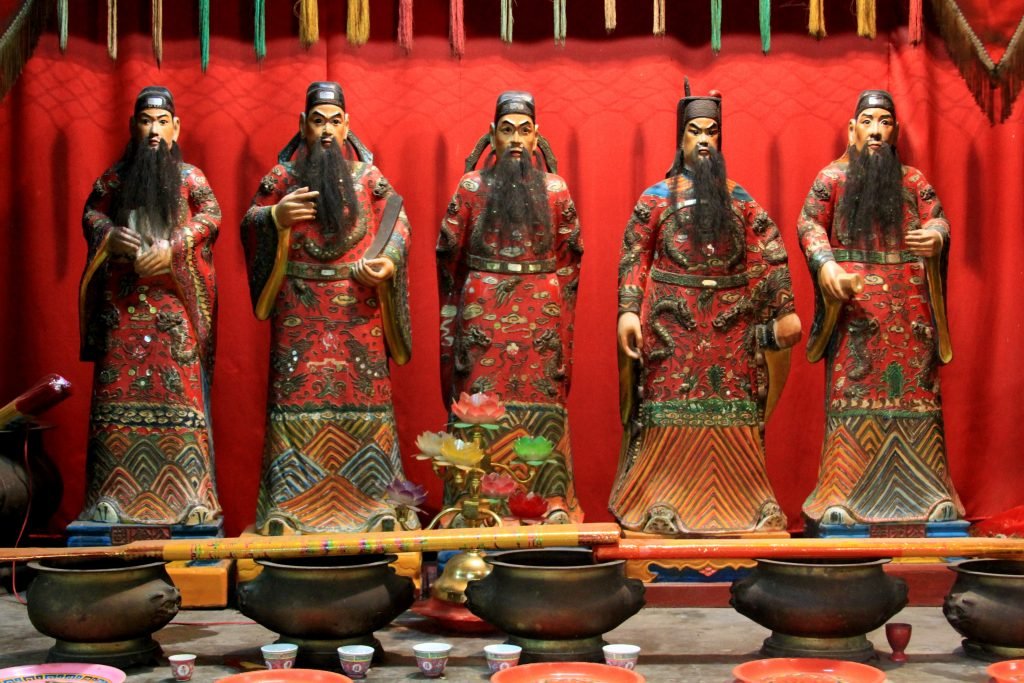
Mattingly points to the three ways in which the state uses civil society to extend its political control. First, the CCP collects information and tracks behaviour with the help of temple or lineage associations which leads to more land requisitions and fewer protests. Second, the CCP co-opts local elites by including them in regional political bodies. These local officials understand the locals and can identify the citizens who have grievances or might mobilize against the state. Lastly, the state creates infiltrating institutions using street-level agents who can spy, coax, or snitch to serve the state’s interests.
The book is in tandem with the current times. It is rich in recent examples from other countries such as Hungary, Russia, Venezuela, Egypt and the U.S. to name a few. These examples from other countries raise the question of whether the theory of informal control can be extended beyond authoritarian regimes.
This book can be enjoyed by Sinologists, International Relations students, communications professionals and readers who have a keen interest in exploring the role of the state, morality and religion in an individual’s life. For readers, who are interested in the rural society of China, this book offers great insights into the societal structures and hierarchy in villages. The case studies are particularly riveting as they showcase the working of these civil society groups and how local leaders successfully convince the citizens in favour of contentious policies.
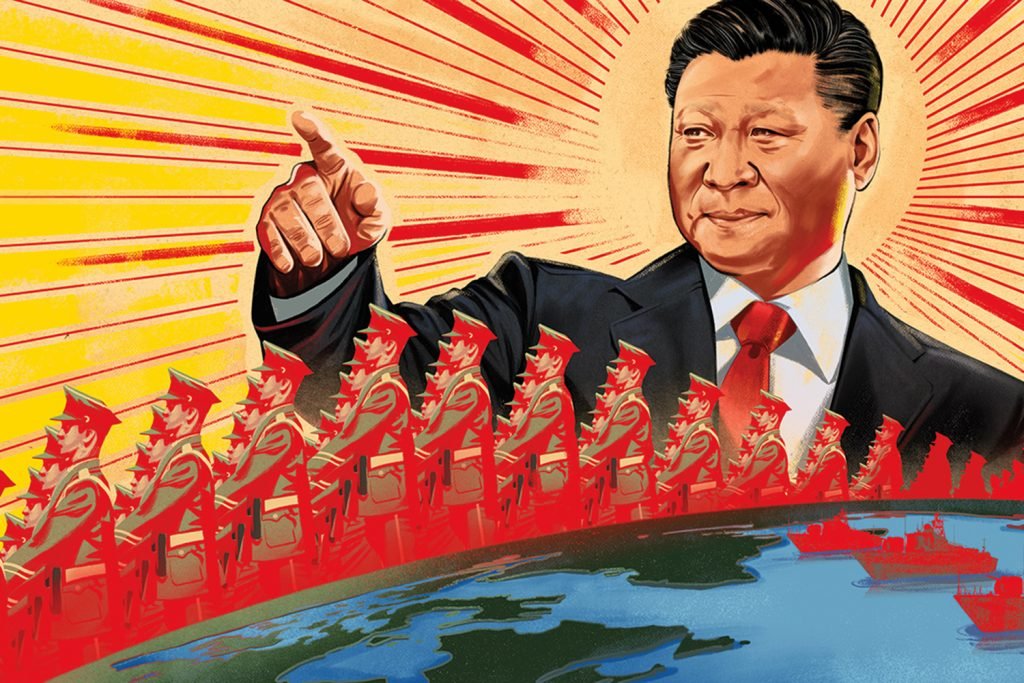
Throughout the book, Mattingly makes the readers wonder if the theory of informal control can be generalized beyond rural China. I believe, for urban China, there would be a need for a separate follow-up study as urban citizens are not so much connected to lineage and folk religious organizations; also land appropriation is not a common phenomenon in urban areas.
In conclusion, Mattingly defends his focus on grassroots organizations despite the growing influence of China’s digital surveillance to manage society and the economy. He states, “For the time being, China still relies mostly on human, not digital, tactics of authoritarian repression and control.”
The book raises an important question for promoters of civil society around the world, should they still vouch for civil societies considering their activism risks having the reverse effect and that might eventually support the authoritarian powers?
I would rate this book 4.5 out of 5 as I believe Mattingly offers an accurate depiction of the state’s extended power at the grassroots in China. His book also sheds light upon the nexus between, religions, state and citizens. It is an important relationship to study as often one of the strings is pulled to gain an advantage over the other.




